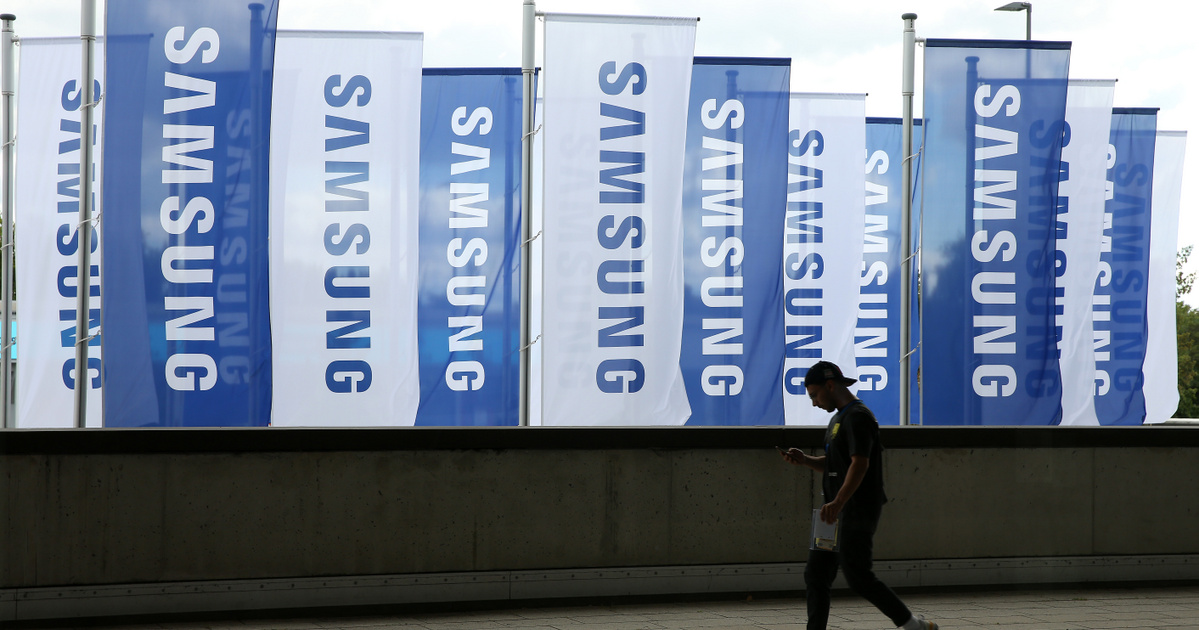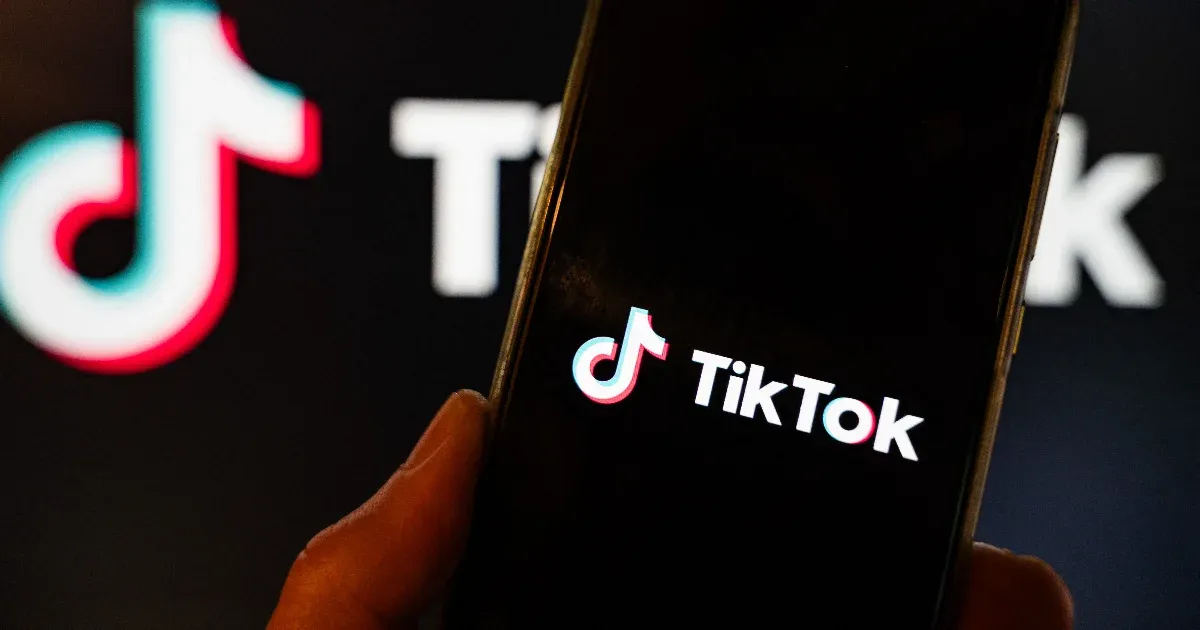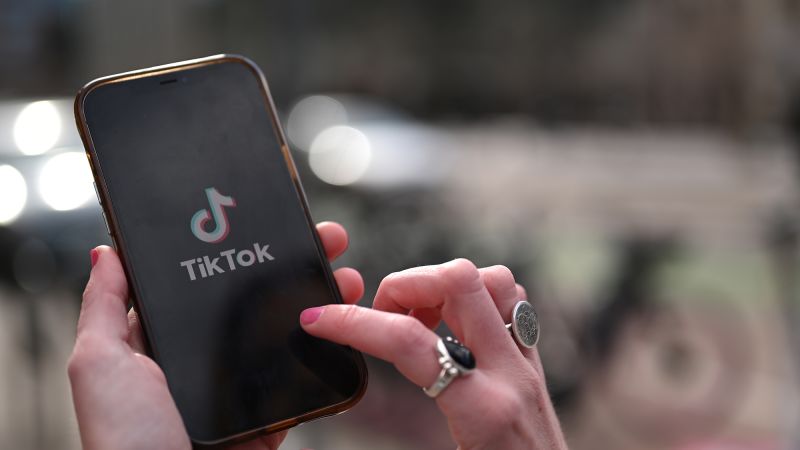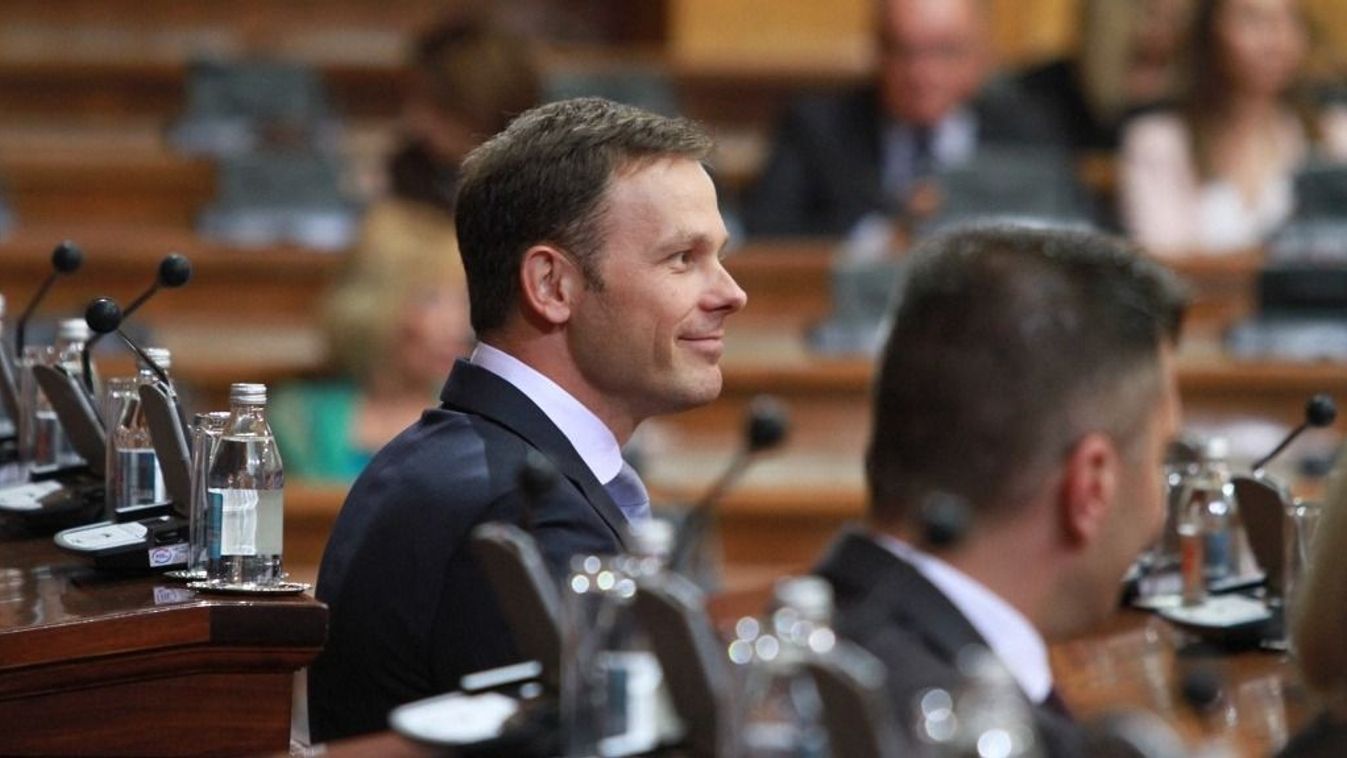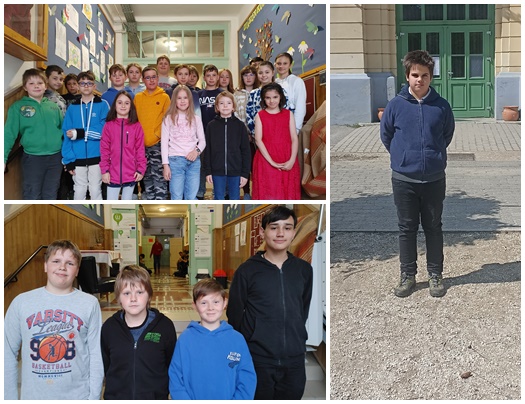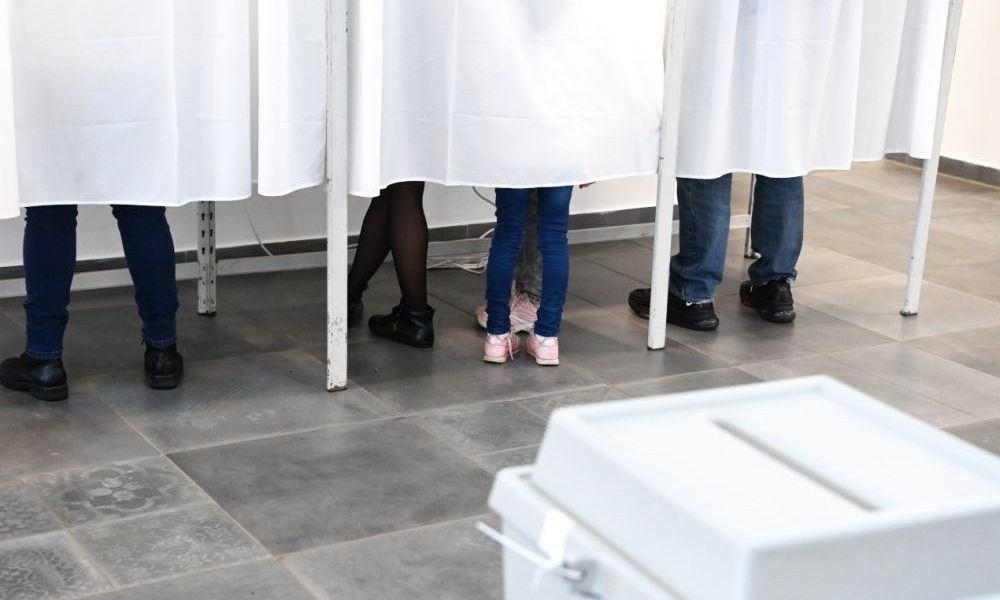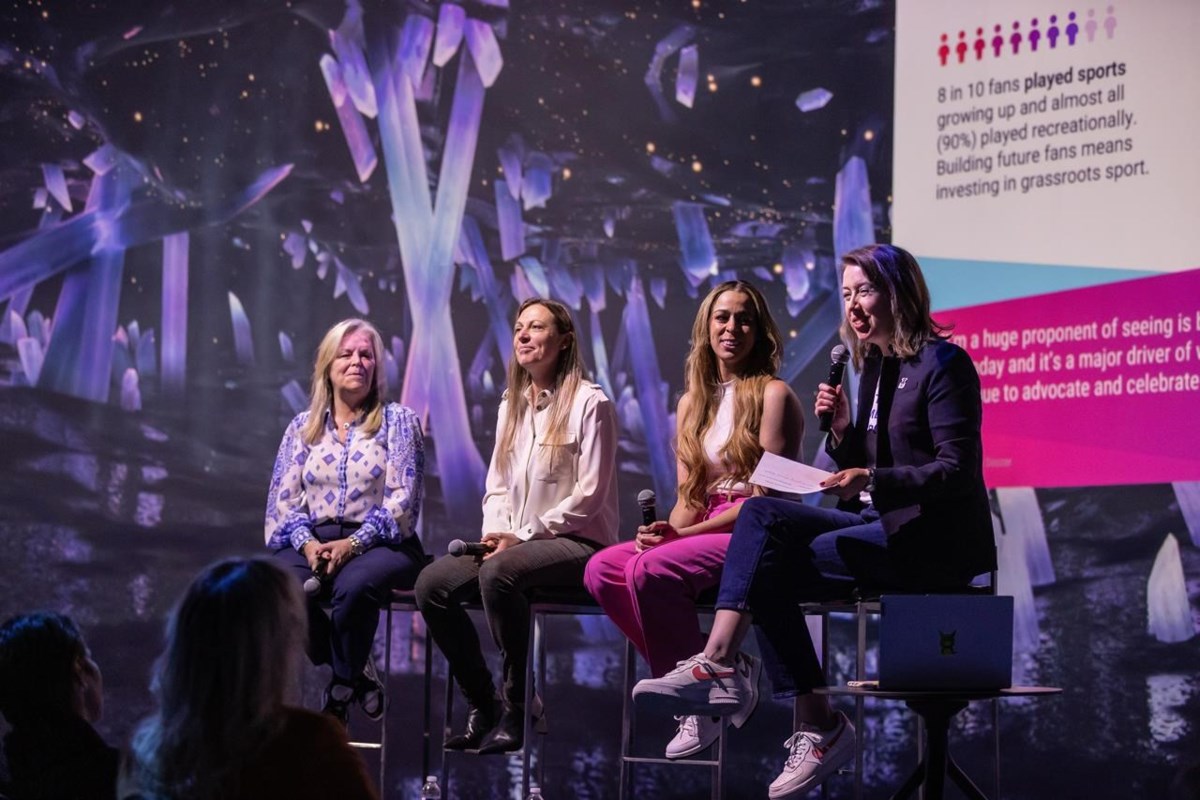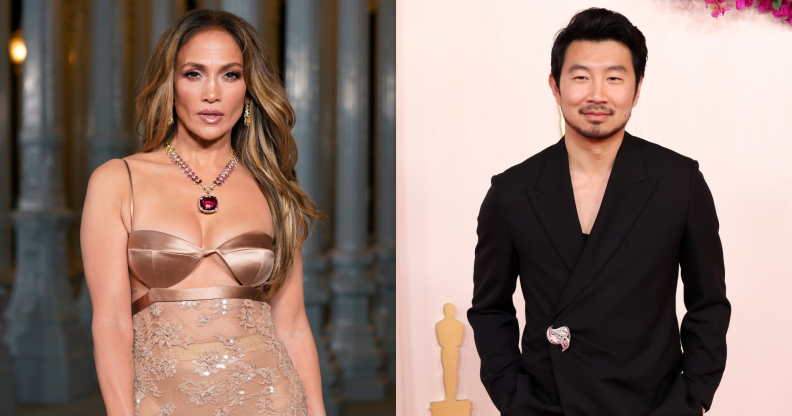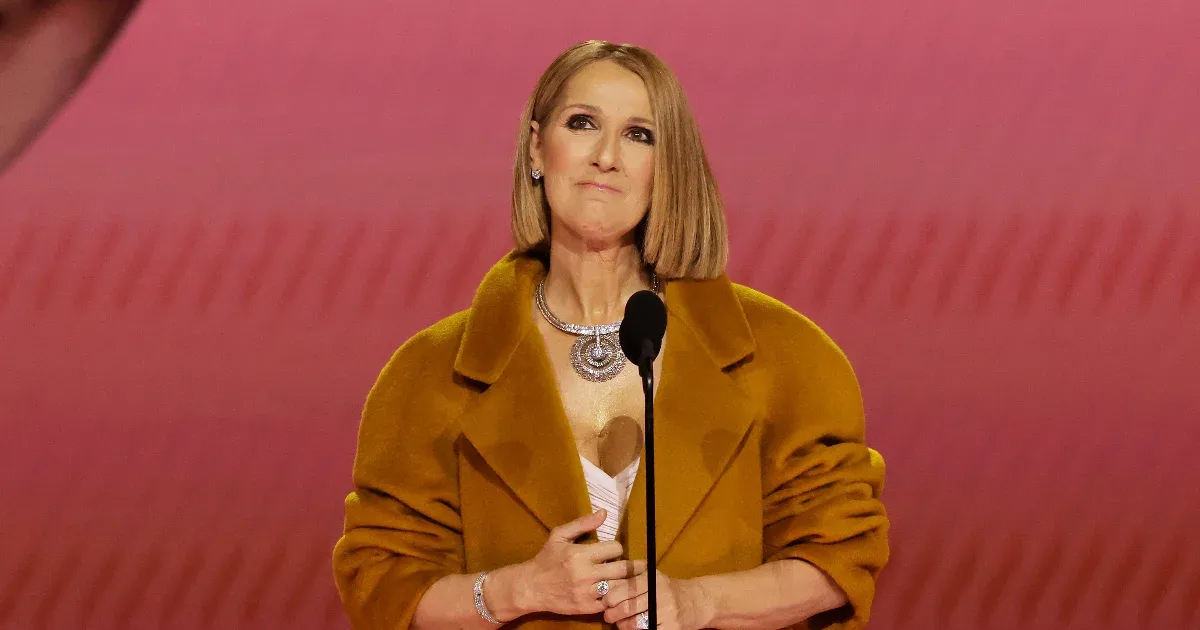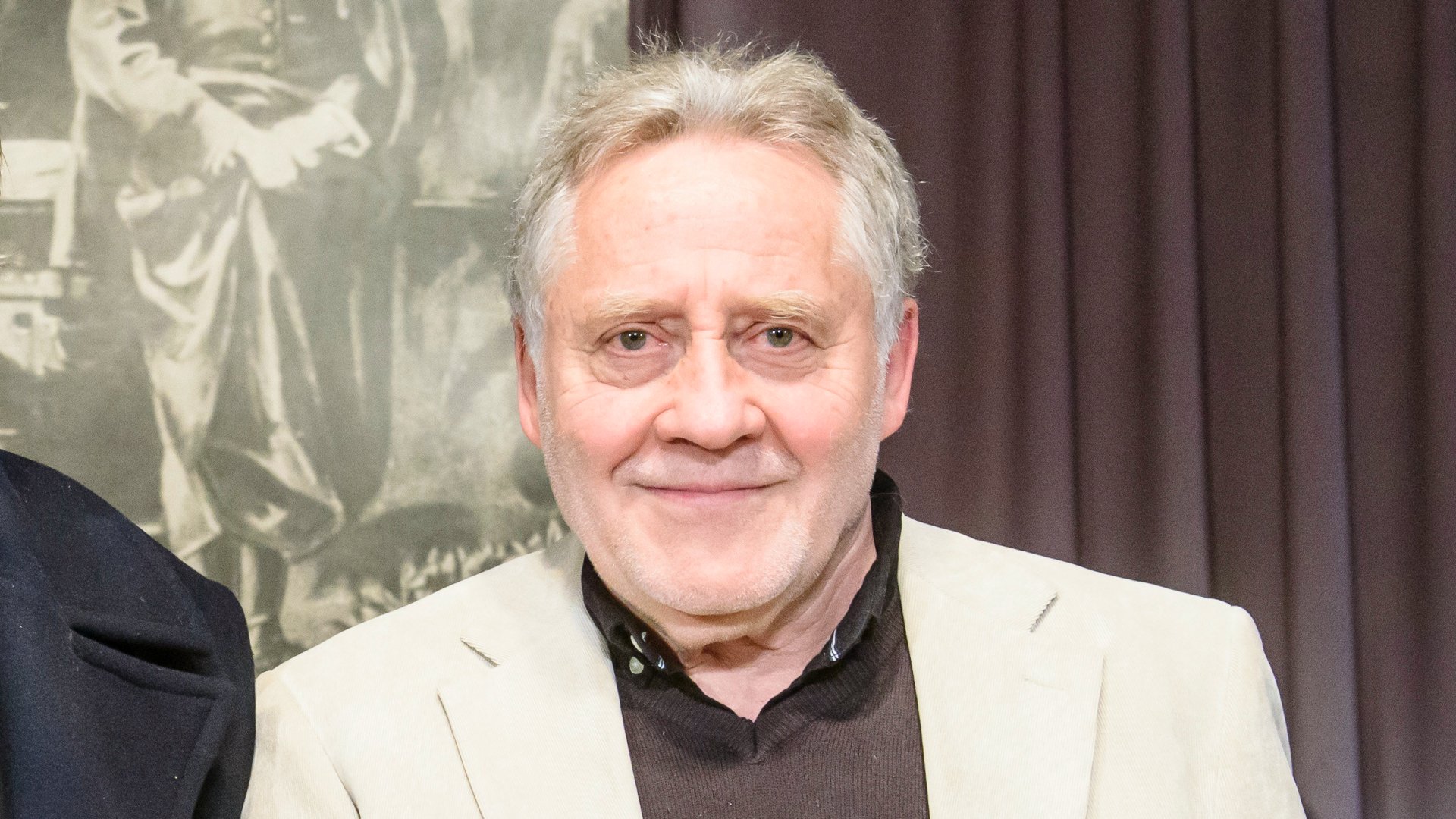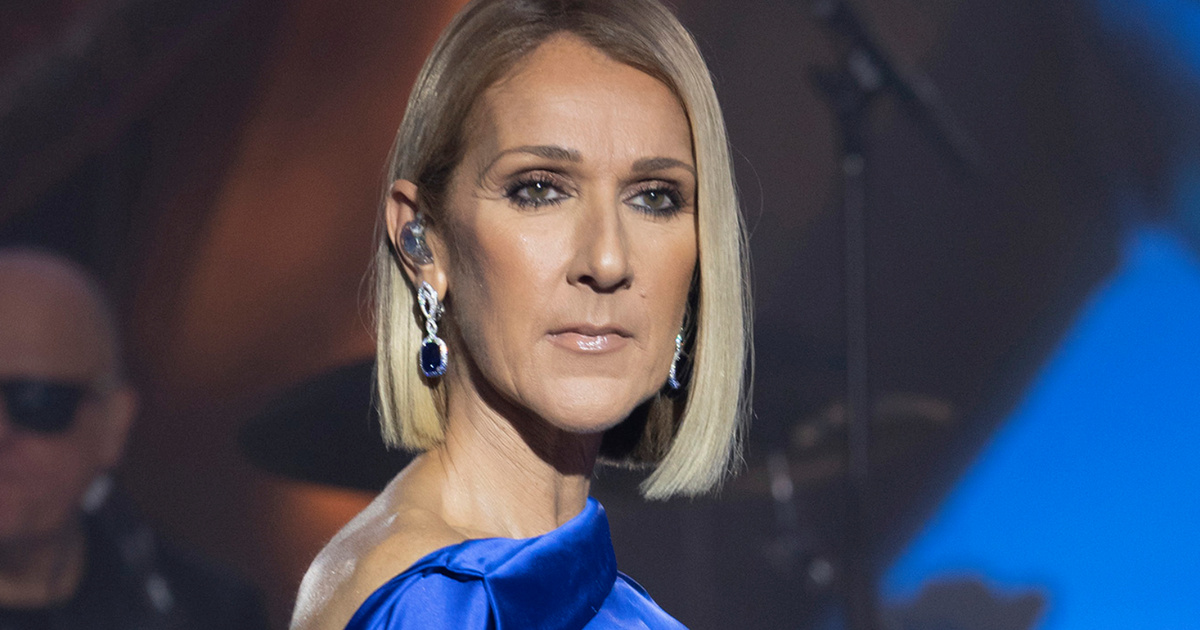Between 2014 and 2018, spending on science worldwide increased by 19 percent and the number of scientists increased by 13.7 percent. The coronavirus pandemic has reinforced this trend, according to a report on the race against smarter development posted on the organization’s website.
However, the numbers cover significant inequalities: only two countries, the United States and China, had significant growth, accounting for 63 percent of the growth. 80 percent of countries are lagging behind, spending less than 1 percent of GDP on scientific research.
Research on artificial intelligence and robotics has developed particularly dynamically, according to the report, with nearly 150,000 scientific articles and publications published on these two disciplines in 2019.
Research on artificial intelligence and robotics has been boosted in lower-middle-income countries, which made up 25.3 percent of scientific publications in 2019, compared to 12.8 percent in 2015. Over the past five years, more than 30 countries, including So China, Russia, the United States, India, Mauritius and Vietnam, special strategies.
Investment in other areas of research, which are vital for future development, is much lower. In 2019, for example, research on carbon capture and storage was covered by just 2,500 articles. In addition, research has declined in six of the top 10 countries in the field – Canada, France, Germany, the Netherlands, Norway and the leading United States. Sustainable energy is also a non-research area, accounting for 2.5 percent of global publications in 2019.
The scientist needs to focus on providing science with the tools it needs. “Better science is essential. Science must become less uneven, more collaborative and open. Today’s challenges such as climate change, biodiversity loss, ocean health deterioration, and pandemics are all global problems. That is why we need to mobilize scientists and researchers around the world.” highlighted by Audrey Azoulay, Director-General of UNESCO.
Although international scientific cooperation has expanded over the past five years, only one in four publications is accessible, the report said, adding that while the fight against the coronavirus pandemic has led to huge joint work, there are still many obstacles to Without open access to search. in most parts of the world.
The report’s authors highlight the importance of diversity in science, noting that only a third of the researchers are women worldwide. While parity has been achieved in physiological research, it still lags far behind in other important disciplines. Only 22 percent of women in AI research are women.
(MTI)







